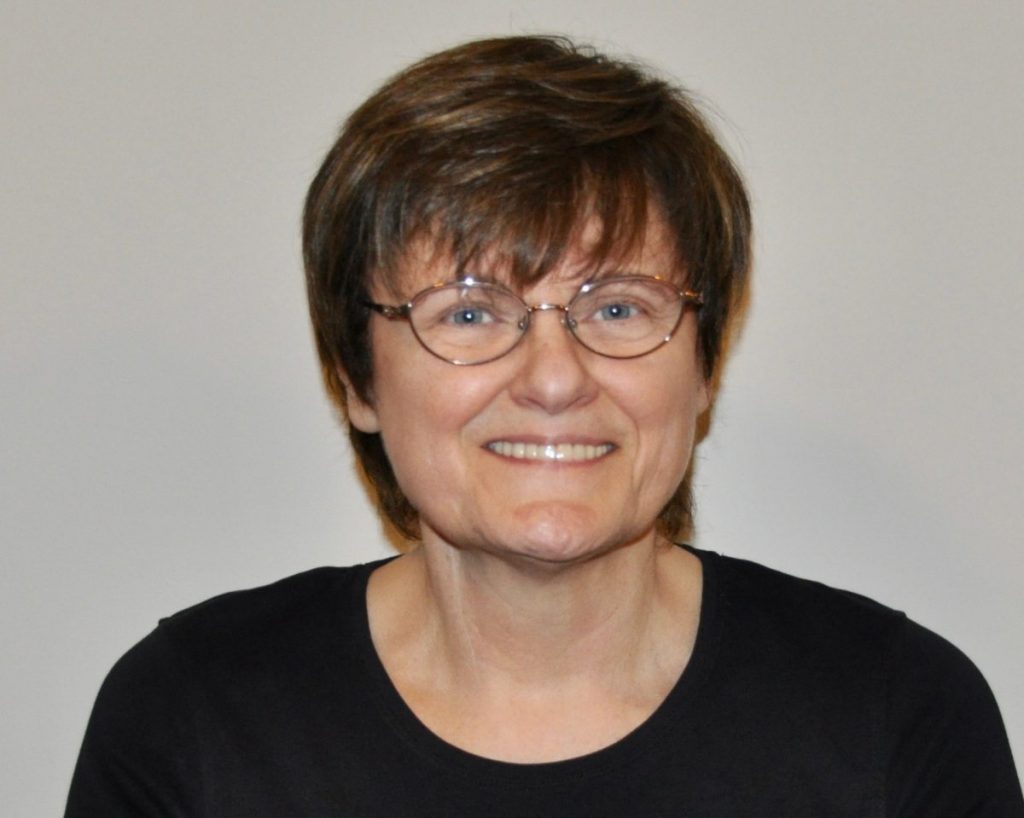
Kati Kariko, a Hungarian-born scientist who spent decades working on mRNA technology, even though she was demoted, failed to win grants, and had her pay cut, has won the Nobel Prize.
Kariko, who has been referred to as the “mother” of the Covid vaccine, will share the award with Drew Weissman, her longtime colleague at the University of Pennsylvania. The two developed the mRNA technology used in both the Pfizer-BioNTech and Moderna vaccines, which have now been administered to millions of people around the world.
“The laureates contributed to the unprecedented rate of vaccine development during one of the greatest threats to human health in modern times,” the Nobel Prize committee said in its announcement Monday.
Unlike traditional vaccines, which use killed or weakened versions of a virus, mRNA vaccines take a different approach, essentially telling cells how to make proteins that trigger an immune response.
In a 2021 interview with The Story Exchange, Kariko told us she began working with mRNA in the 1980s, long before it was accepted by the scientific community. She and Weissman hoped to use it to fight HIV. But she struggled as a grant writer in the competitive world of science. After numerous rejections, her own university stopped supporting her. She reportedly was forced to retire from Penn, although she remains an adjunct professor there.
“Maybe if I have to make a speech one day, I might have to thank all of the people who kicked me out,” she told us in this podcast.
A breakthrough came when Kariko and Weissman figured out a way to inject an animal with mRNA to make a very specific protein. It was the “first time we could see biological effect,” Kariko recalled. “Okay, so at least one disease, we could treat.”
It was still years, however, before they got the attention of the biotech companies. In 2013, Kariko became a vice president at Biontech, which began supporting her work. In 2020, after the coronavirus hit, the team at Biontech designed the mRNA vaccine within hours of Chinese scientists posting the genetic sequence for it.
Kariko is only the 13th woman to win a Nobel Prize in Physiology or Medicine since the first one was awarded in 1901.
When she spoke to us, Kariko said: “I felt many times that I am not good enough.” But she persevered, a lesson in how to be resilient in the face of failure and rejection. “Of course it is not pleasant,” she said, “but I was listening, reading, and I always like constructive criticism.”
Kariko’s scrappy upbringing in a small town in Hungary may have also helped her persist. A butcher’s daughter, Kariko grew up with limited resources but managed to excel, graduating valedictorian of her high school, studying gene therapy at university, and eventually getting her PhD.
In 1985, she seized an opportunity to leave the Iron Curtain and took an academic job in the U.S., moving her husband and 2-year-old daughter to Pennsylvania – with cash sewn into her daughter’s teddy bear in case they could stay longer than her visa permitted.
In addition to her role at Penn, Kariko is also a professor at the University of Szeged in Hungary. She may start a company with her daughter, Susan Francia, who now has an MBA and is a two-time Olympic gold medalist in rowing, according to the New York Times.
For its part, Penn – which in the past has declined to discuss specifics about its relationship with Kariko – put out a press release today, saying it was “enormously proud” of her and Weissman’s “groundbreaking achievements and this well-deserved recognition.”
Kariko told us her passion for scientific discovery has always guided her work, despite the obstacles. “Science is working on the way to find analog or….some kind of precedent,” she says. As you get older, “if you don’t forget things, you know more and more.”
“It’s a good job, good to be a scientist.”



